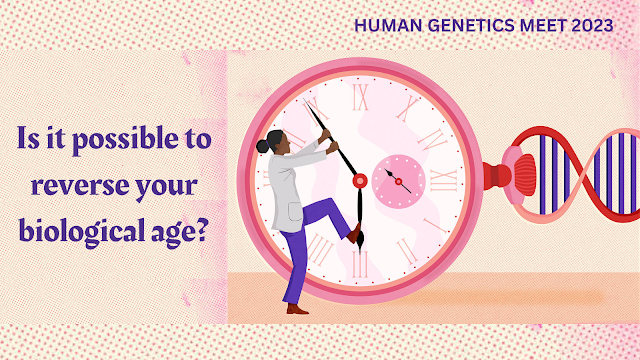Is it possible to reverse your biological age?

In contrast to chronological age, biological age refers to the real age of your body. While biological age is flexible and can even be reversed, chronological age cannot be altered, allowing you to seem and feel younger than your actual age. Aging clocks are instruments that determine an organism's biological age using biomarkers. Since our physical and physiological functioning determines our biological age, researchers have known that this definition of ageing is very dynamic and substantially influenced by our surroundings, including our diet and way of life. Our epigenome, or the way in which our genes are expressed in response to the environment, is what establishes our biological age. We can actually slow down the biological ageing process by changing our diet and way of living. The intricacy of biological ageing and how our diet and lifestyle choices affect how our genes are expressed. It implies that you can start making little, doable adjustments that will have ...
.png)